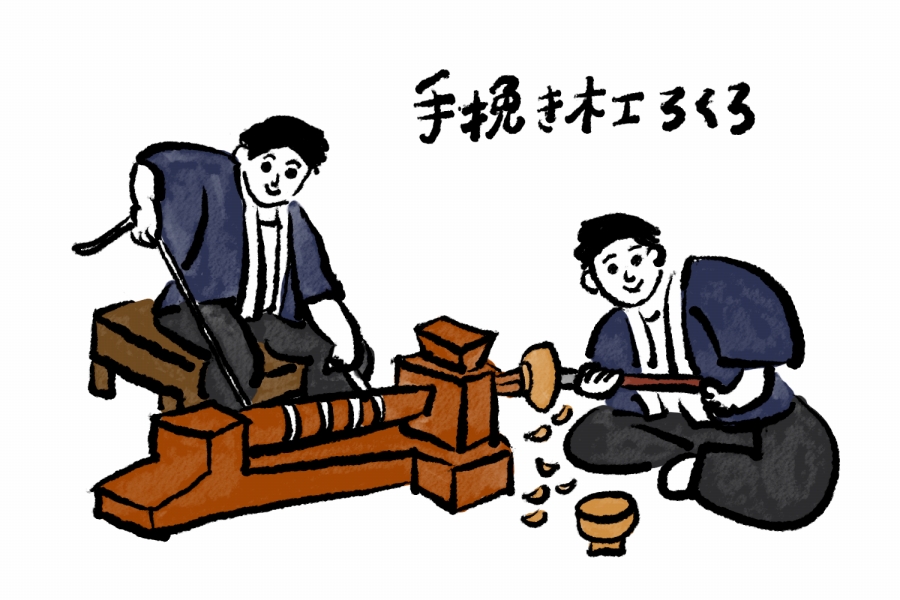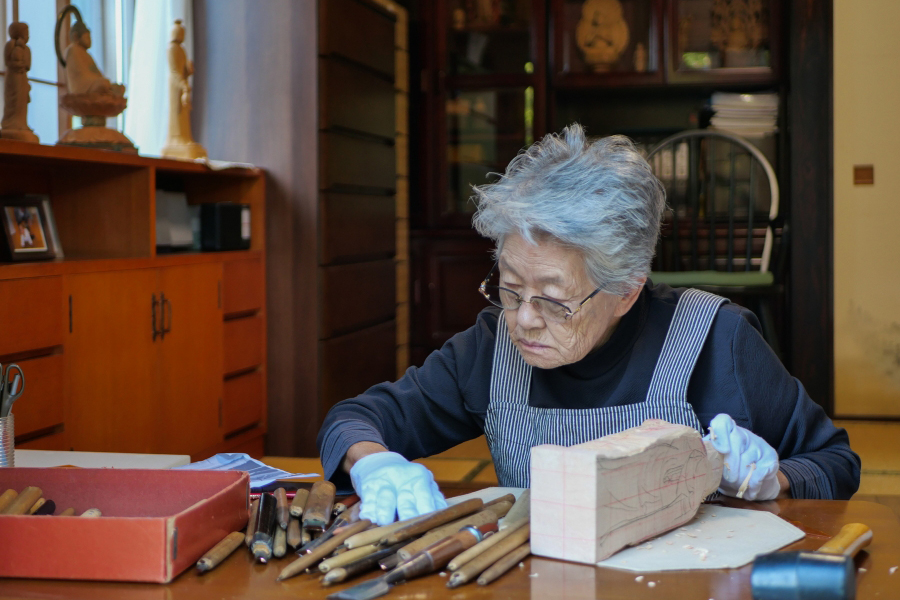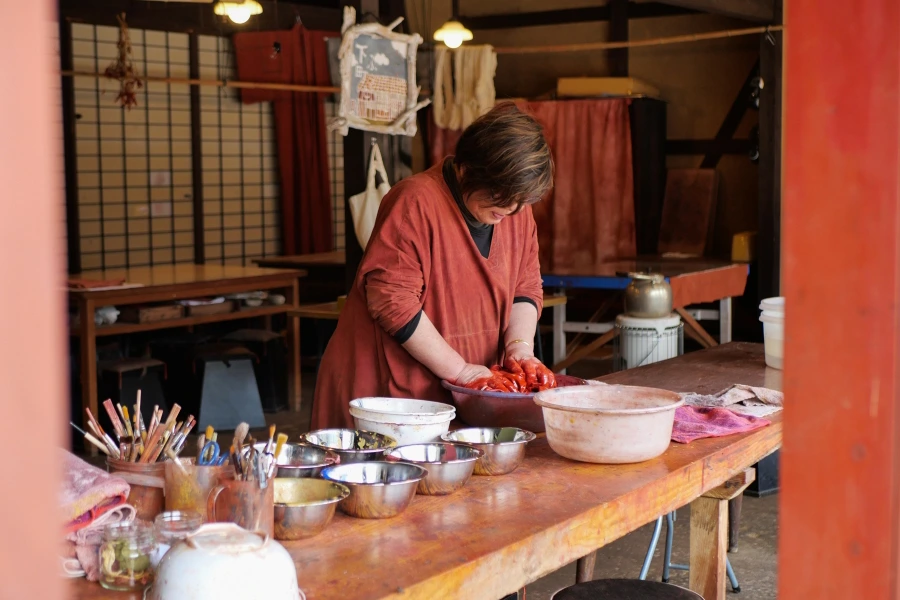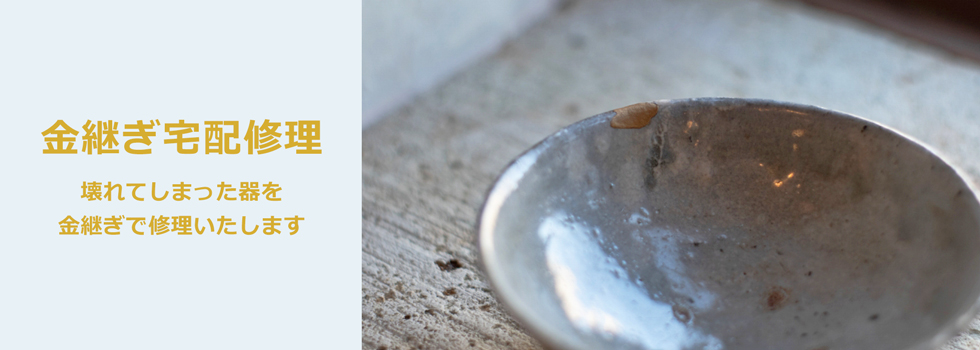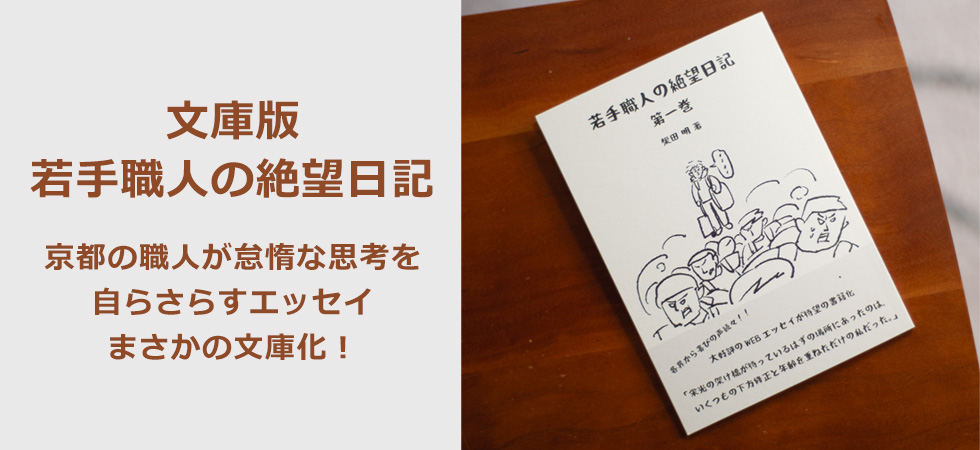
民藝運動で知られる柳宗悦は、日本を「手仕事の国」と言いました。日本語には手という文字を用いた言葉が多くあります。「上手」や「下手」という言葉は手の技のことを語り、「読み手」「聞き手」のように動詞に添えて人の働きを表します。
「そもそも手が機械と異なる点は、それがいつも直接に心と繋がれていることであります。機械には心がありません。これが手仕事に不思議な働きを起こさせる所以だと思います。手はただ動くのではなく、いつも奥に心が控えていて、これがものを創らせたり、働きに悦びを与えたり、また道徳を守らせたりするのであります。そうしてこれこそは品物に美しい性質を与える原因でもあると思われます。それ故手仕事は一面に心の仕事だと申してもよいでありましょう」(柳宗悦「手仕事の国」)
TABITOTEでは、日本各地に古くから伝わる工芸品や農作物など様々な手仕事を取り上げています。手仕事を通じて、作り手の心に触れ、その土地の風土やそこに暮らす人々の生活を感じることができます。そんな旅のガイドブックとしてTABITOTEをお読みいただけたら幸いです。
Yanagi Muneyoshi, who is known for the folk art movement refers to Japan as the country of handmade.
The point which is deferent between hands and machine is that hands always move with heart. Machine has no heart. I think this causes mysterious work in our handiwork. Hands never work alone. Behind our hands are always our heart and the heart makes us create things, feel happy and obey public morals. This is the cause of giving products beautiful characteristics. Hence, craftsmanship should be called “work of heart”. (a quotation from “A country of craftsmanship” by Yanagi Muneyoshi)
We offer folk crafts and food made by people living in each region across Japan in TABITOTE. You can touch the heart of producers and learn the life style of the place through those products. We’d appreciate it if you’d enjoy reading TABITOTE as a guidebook like that.
(TRANSLATOR : MAYUMI HASEGAWA)


